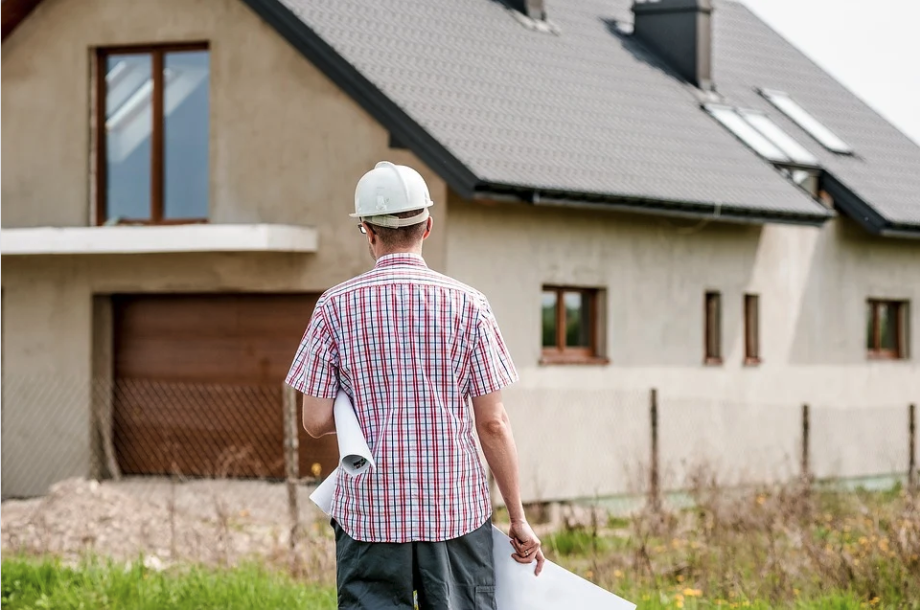
Humanity has been on the move since, well, forever. We are explorers by nature. But we also long for home. In the current age of digital nomads and COVID-induced work-anywhere culture, many of us are finding movement especially easy.
For many, this is a wonderful benefit. Cities are emptying of workers. Many of those workers came from rural areas and miss the small towns and wide-open spaces. Others, having spent their whole lives in the cities, are in search of something new.
https://www.youtube.com/watch?v=dom7VlltBUc&ab_channel=dixiechicksVEVO
For other people, this has been terrible. Mountain towns like Boise, Idaho and Bozeman and Missoula, Montana have been flooded with new people.
My move back to Montana
Having lived in Missoula, off and on, for more than 20 years, I sit on both sides of this divide. Having been born and raised in Helena before coming to Missoula for college, I feel like this is my home. But in the last year, many old friends have found life in Missoula hard. They mention the out-of-state workers flooding into the city. And now I am one of those workers.
On the one hand, I get a pass. This is because most people would say I am part of the Montana culture here. So I’m not importing southern Californian or Texan ideas or fashions. On the other hand, my income comes from a job based out of state. So my very being here is potentially displacing a Missoula worker.
Like the Missoula workers, I’m feeling the crunch of prices though. And I am with them when they say we need to consider how to ensure our home stays livable in the years to come.
How to shape our home

Winston Churchill once said: “We shape our buildings; thereafter they shape us.” I studied philosophy at the University of Montana from 2000–2004. One of my favorite professors was Albert Borgmann. He loved to give this Churchill quote.
Borgmann asked us to apply it in all parts of our lives. I remember a poignant example for him was the television. He was concerned about how much TV the average American watches each week. It’s about 28 hours, or up to 35 hours according to research by Nielson ratings. That’s almost 2 months of every year consumed entirely by television.
He said if we pay attention to where we place the TV in our house, we can minimize how much it dominates our life. And researchers have confirmed this in the case of the bedroom, finding that people who watch TV in bed before sleep have greater difficulty getting to sleep and poorer sleep overall.
Similarly, Borgmann instructed us to look at other things in our life. Do we keep our exercise gear where it is easy to reach? Or is it stuffed in the back of a closet, barely touched for months on end? What about meaningful books and photos of family and friends? If we shape our home around our values and aspirations, it can in turn help keep our lives moving in the right direction.
Cities follow the same principle
How we shape our cities also helps to shape us. Cities with broad sidewalks and mixed commercial-residential neighborhoods encourage more walking. Cities with wide roads, box stores, and huge areas of single-family residences will ensure that everyone drives. Cities can also promote health by reserving areas for parks and for preserving historic districts and buildings.
Many of these actions cost money. But in promoting healthier, happier citizens, the cost is worth it. As citizens in a quickly growing city, we have a stake in making sure that it grows in ways that promote health. This is part of what it means to find home. Finding home means finding a place we can shape.
Finding good work
Albert Borgmann taught us another lesson for finding “home” in life. This was to find work that we love and people that we care about.
We all grow up with dream jobs in mind. As a kid I wanted to be a farmer. Then a warlock (I’m not sure why). Then a banker (I know, very boring). I entered college to become an accountant. But after a year, I was lost. I found the education pointless. And the people I was in class with didn’t share any of my other values.
I cared about nature. I wanted to live simply. I wanted to think deeply and be challenged. So I took a year off. When I returned, I took religion classes. I studied philosophy. I also took astronomy and anthropology. All of these fascinated me far more than accounting.
So I switched majors and kept pursuing the liberal arts. This was the beginning of my finding good work. It wasn’t always easy. And I spent much of my adult life with earnings below the poverty line. But I found joy in my learning. And now I find joy in my work.
Community, the third key

The third key to being home is community. We all have our ideas about what constitutes community. If we are introverted, maybe two or three good friends is ideal. If we enjoy being around more people, then we might want hundreds of like-minded individuals around us at different times.
What matters is that our community helps to shape us just as our home and city do. Good people who are able to stretch and support us will improve our lives. Being around people we don’t really connect with can make us feel incredibly isolated.
These three things: a place that helps us live well, a job we find meaningful, and people we connect deeply with can ensure that where ever we are, we are home.
 Justin Whitaker, Ph.D., holds a doctorate in Buddhist ethics from the University of London. He has given lectures, and taught Buddhist studies and Philosophy at Oxford University, the University of Hong Kong, the University of Montana, and at Antioch University’s intensive study-abroad program in India. A certified meditation teacher, he is a regular contributor to Patheos.com, and Senior Correspondent for Buddhistdoor Global. He lives in Missoula with his family.
Justin Whitaker, Ph.D., holds a doctorate in Buddhist ethics from the University of London. He has given lectures, and taught Buddhist studies and Philosophy at Oxford University, the University of Hong Kong, the University of Montana, and at Antioch University’s intensive study-abroad program in India. A certified meditation teacher, he is a regular contributor to Patheos.com, and Senior Correspondent for Buddhistdoor Global. He lives in Missoula with his family.
